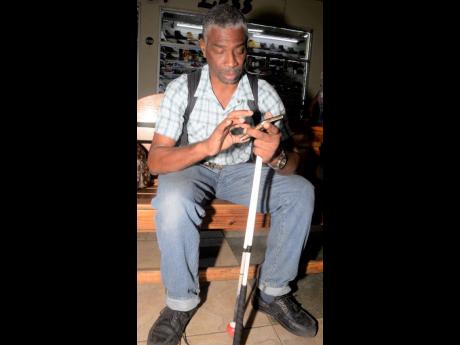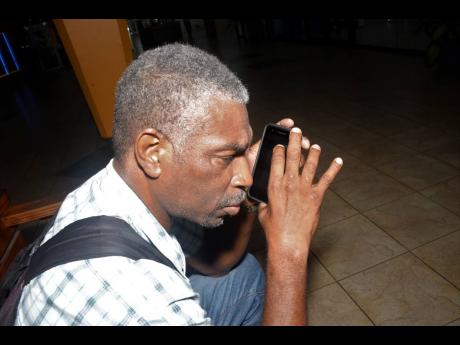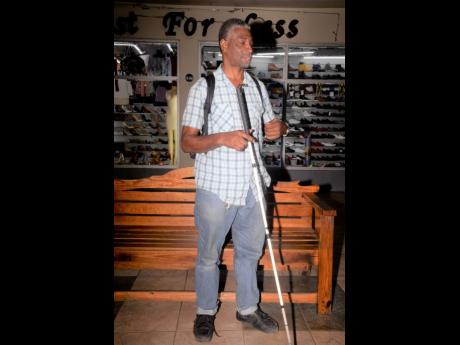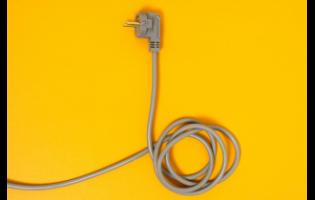Blind mechanic hunts jobs - ... Confident he can still fix vehicles
Seven years ago, Wesley Foster lost his sight due to diabetes.
But in spite of that, Foster, who says that he is a skilled mechanic, believes that he can still work on motor vehicles.
"Me just need a chance to prove myself. I have the experience ... I was doing mechanic work for most of my life. It's the same skill," he said.
After struggling with diabetes for years, he had to readjust after he went blind.
"I went to the Abilities Foundation and I got myself academically inclined to get a job. But what they are saying is that there's no job market for us. I've tried to get a job and applied for a grant to start a business of my own, and that wasn't successful either. I can do auto mechanics, housekeeping, furniture making, carpet cleaning and those things ... Just give me the chance and you'll see me in action," Foster said.
Foster, 54, said that he has been doing auto mechanics and auto care long before he went blind.
"If you see me in action you will be surprised. Ask me the questions and I'll give you the answers. I have no trouble remembering anything. Everything I knew before, I still know. I grow with these skills," he said.
Foster said that it is a cold world for people with special needs.
"They (average persons) are not very aware of how to treat people with special needs ... both job-wise and just going about on a regular setting. And even though you know that for most of your years, you're up and about, and you have a lot of experience in whatever technical or subject area it is, persons not willing to give you a chance or scope to prove yourself," he said.
Foster, who resides in Pembroke Hall, St Andrew, is currently unemployed and depends on his family a great deal.
He regrets not being more serious about his diabetes in his earlier years.
"I was diabetic from 1990. To be honest, I never took it that serious and I regret it. It throw me off my bearings ... throw me off the railroad. The sight started going in 2012 ... it started deteriorating and got worse. They worked on it and one day it just went. I had to start my life right over," he said.
Susan Hamilton, executive director for the Abilities Foundation, told THE STAR that with the certification, specials-needs people should be able to transition into employment.
She adds, however, that this rarely happens because of the bias in society.
"It happens and it's a challenge, especially for older persons over 35 with disabilities, and especially for those who are visually impaired," she said.







































